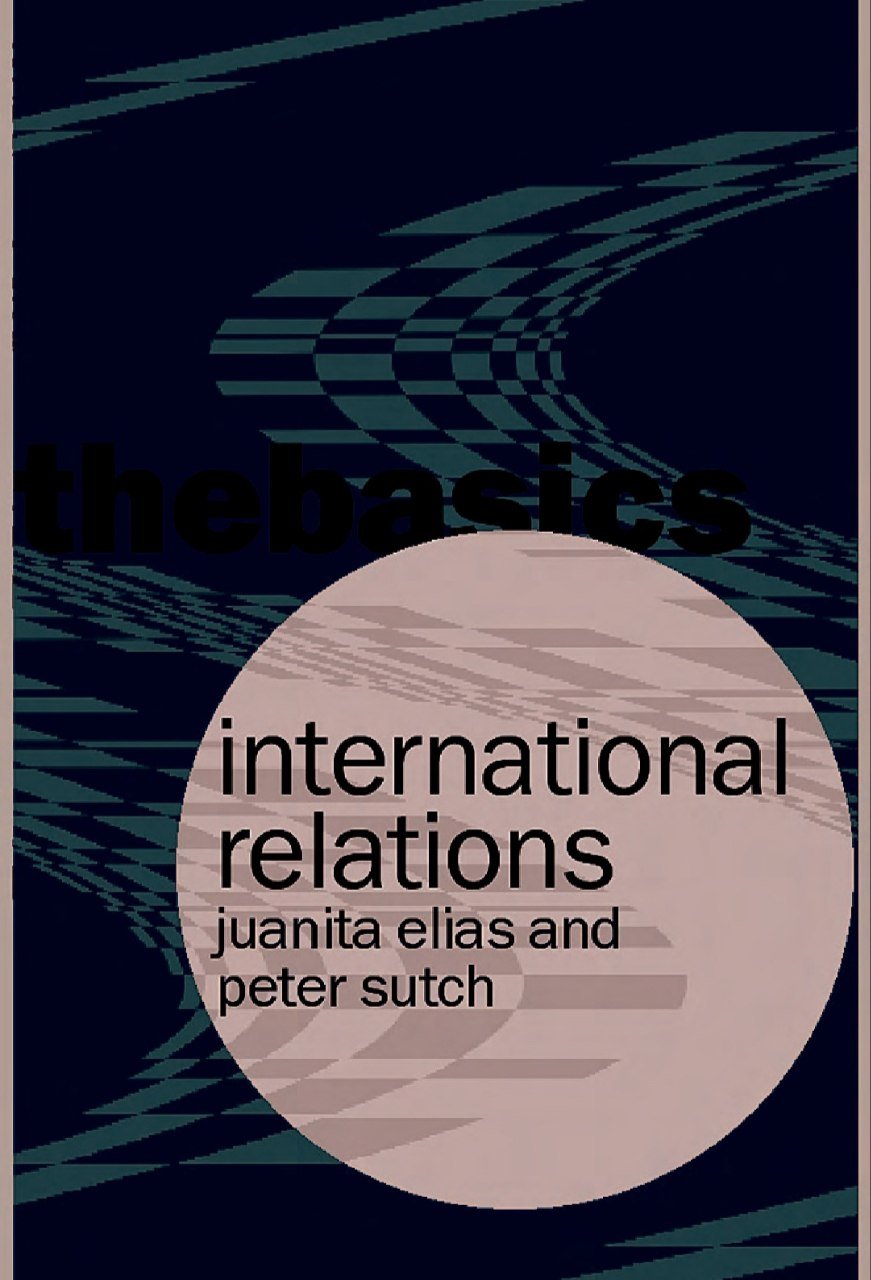

Dark Matter: Art and Politics in the Age of Enterprise Culture by Gregory Sholette
Reviews
No review yet. Be the first to review this book!
Description
Dark Matter: Art and Politics in the Age of Enterprise Culture by Gregory Sholette explores the relationship between art, politics, and the economic structures of the contemporary world, particularly in the context of what Sholette calls "enterprise culture." The book delves into the ways in which the rise of neoliberal capitalism, with its emphasis on market-driven values, has reshaped the art world and the role of artists within society. Sholette's concept of "dark matter" refers to the often invisible, under-recognized, and marginalized aspects of the art world—those artists and cultural workers who exist outside the mainstream, those whose labor contributes to the art economy but who remain excluded from the dominant art institutions and markets. Dark matter is not merely about the artists themselves, but about the vast network of labor, resources, and creative work that sustains the art world, much of which is unacknowledged and undervalued. This includes the work of assistants, fabricators, curators, critics, and others who play an essential role in the production of art but are often rendered invisible in discussions about art's value. Sholette argues that the focus on high-profile, market-driven art—often championed by the culture of enterprise, where art is seen as an investment and as a commodity—has obscured the true political and social roles that art can play. The book critiques the commercialization of culture and examines how the art world has become increasingly intertwined with the interests of the elite and the forces of global capitalism. By focusing on the commodification of art, Sholette questions the value systems that govern the art world and how this influences artistic practice and its potential for political engagement. Through his exploration of the concept of dark matter, Sholette calls for a reevaluation of what counts as art and who gets to participate in its creation. He challenges the notion that art is the exclusive domain of the individual genius or the star artist, proposing instead that art is a collective and social process that often involves networks of support, collaboration, and invisible labor. In doing so, Sholette urges readers to reconsider how art can be a vehicle for resistance to the forces of capitalism and how it can engage with political struggles in meaningful ways. In Dark Matter, Sholette also examines how artists and art communities can reclaim agency and resist the dominant market-driven forces that shape the art world. He looks at how alternative forms of artistic practice—such as collective art-making, activist art, and participatory projects—can challenge the status quo and foster political and social change. Sholette draws on numerous examples of contemporary art practices that engage with social justice issues, economic inequality, and collective action, offering a vision of art as a transformative force in society. Overall, Dark Matter provides a critical analysis of the art world in the context of global capitalism and neoliberalism. It interrogates the role of art in the age of enterprise culture and highlights the importance of acknowledging the invisible labor and marginalized voices that sustain artistic production. Through this lens, Sholette calls for a more inclusive and politically engaged art world that can offer an alternative to the commodified and elitist models that dominate the contemporary art market.























.jpeg)




.jpg)














.jpg)
.jpeg)

.jpeg)

.png)











.jpg)


.jpg)








.jpg)







.jpg)

.jpeg)



.jpg)

.jpg)
.jpeg)

















































